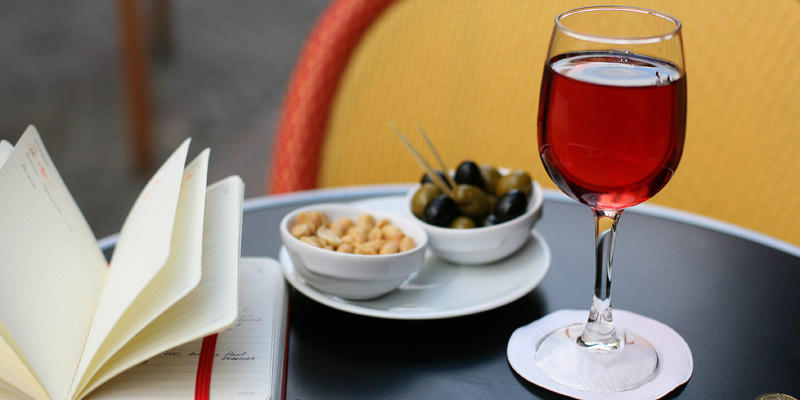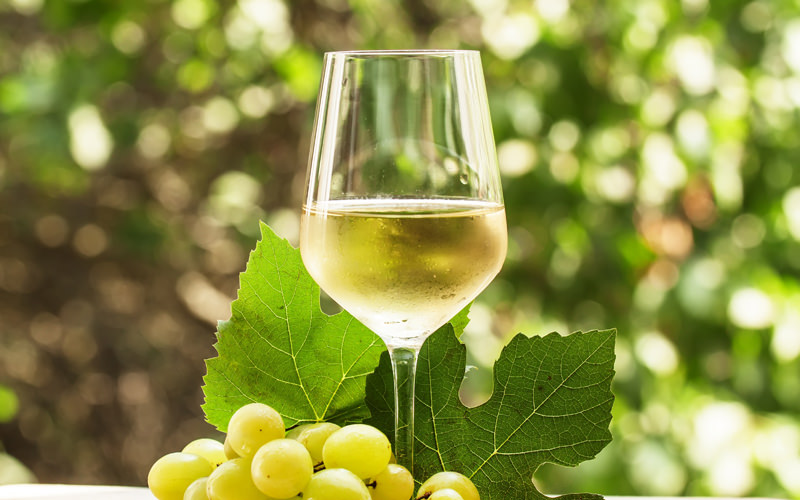Aligote has had it rough- a life in the shadows of the oh so hip and in demand Chardonnay has left this humble white wine from Burgundy without much of a following, or even much recognition to begin with. And that’s a real shame, because if you’re able to get your hands on a bottle of Aligote you’ll discover an excellent, refreshing wine that’s made with the same care as much of the region’s Chardonnay.
You can’t blame Aligote for flying under the radar. Although, just like Chardonnay, the grape was born in Burgundy, Aligote has never had the oomph that Chardonnay does. It isn’t a wine you age, it’s one you drink young, so the vines of Aligote have always been relegated to the bottom and tops of the slopes, not the pristine middle where the terroir is considered to be spectacular.
But the grapes are still grown. Burgundians could easily choose to plant lesser quality Chardonnay on the tops and bottoms of the slopes; as a Chardonnay from Burgundy, it would still sell, even if the quality wasn’t the same. But they choose to still plant Aligote since it’s an everyday wine, and that’s something everyone needs.
While Chardonnay might be more formal – a serious white to be paired with serious cuisine – Aligote is a quaffable gem, dry with floral and herbal notes and an almost lemony character. There is also richness in Aligote wines from Burgundy, but only a bit. It’s the wine you drink after a long day working in the vineyards or at the winery. Many vintners in California choose light beer after a long day’s work, but why drink that when you have such a wonderful wine?
And being a simple wine, when you encounter a bottle you won’t find many terroir-based designations touting the wine from this area of Burgundy or that. No, the wine will simply say “Bourgogne Aligote” and that’s really all you need. It’s the perfect wine for people looking to try something different and unique. If you’re a wine geek, this is definitely one to have on your radar.
Aligote’s are delicious on their own, but are even better when used as the base for the French Kir, a classic aperitif made by combining two tablespoons of Crème de cassis in a wine glass with five ounces of Aligote. And that makes perfect sense, because who doesn’t need a cocktail after a long day working the fields?


